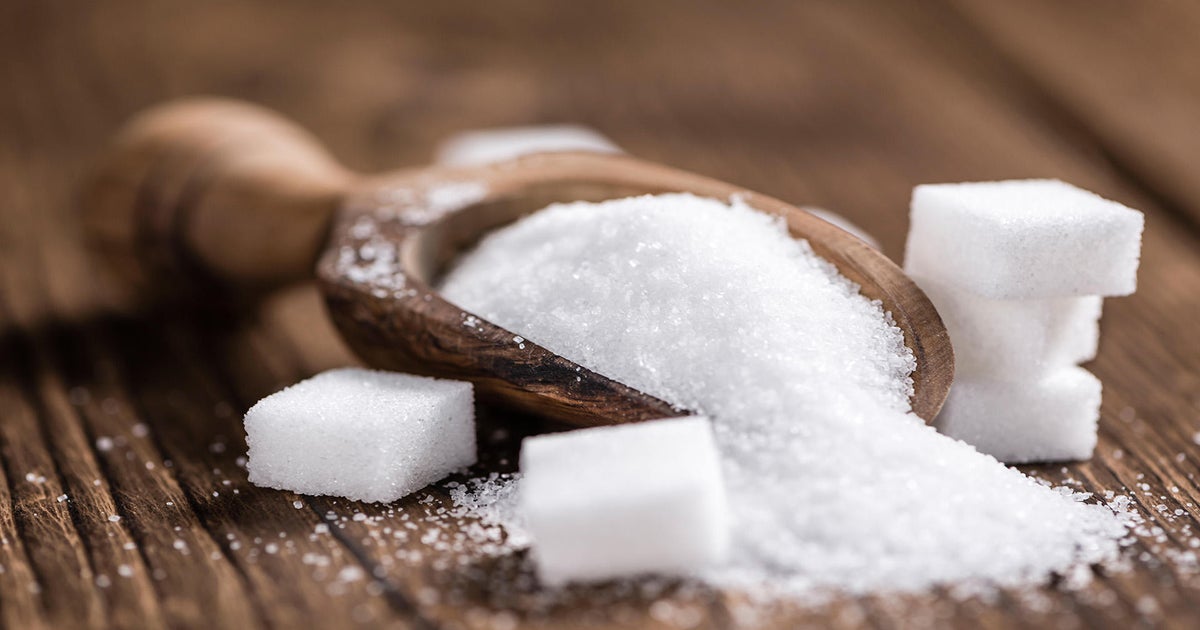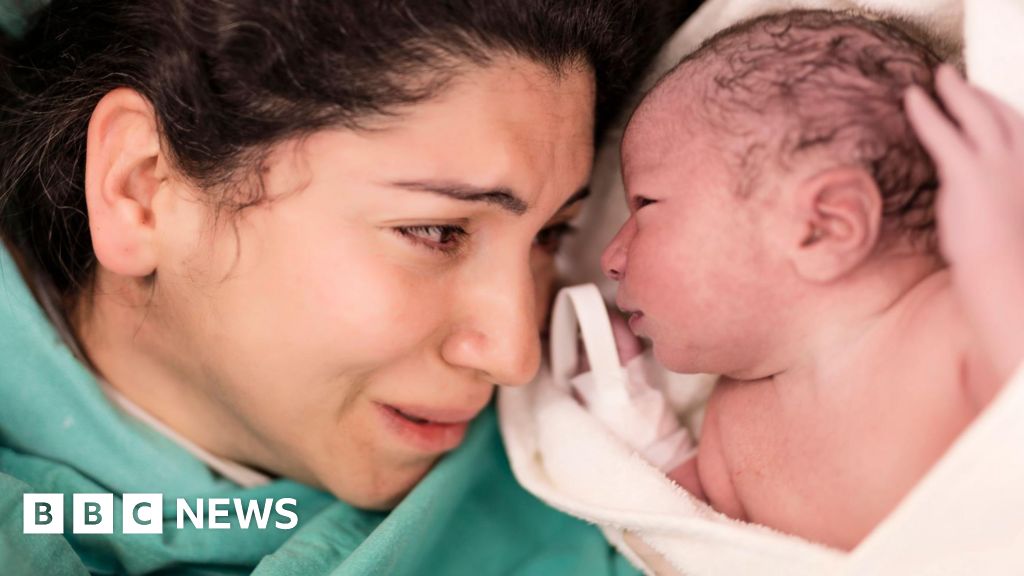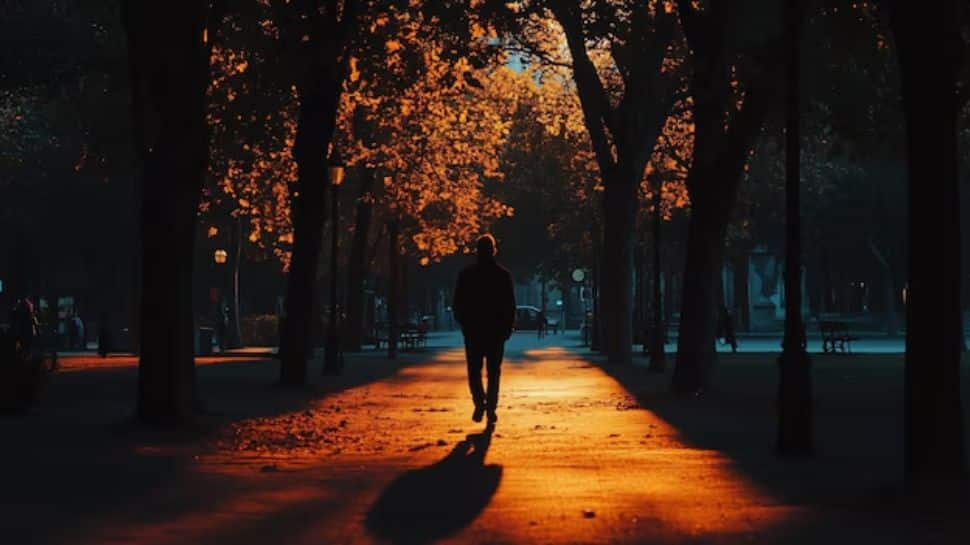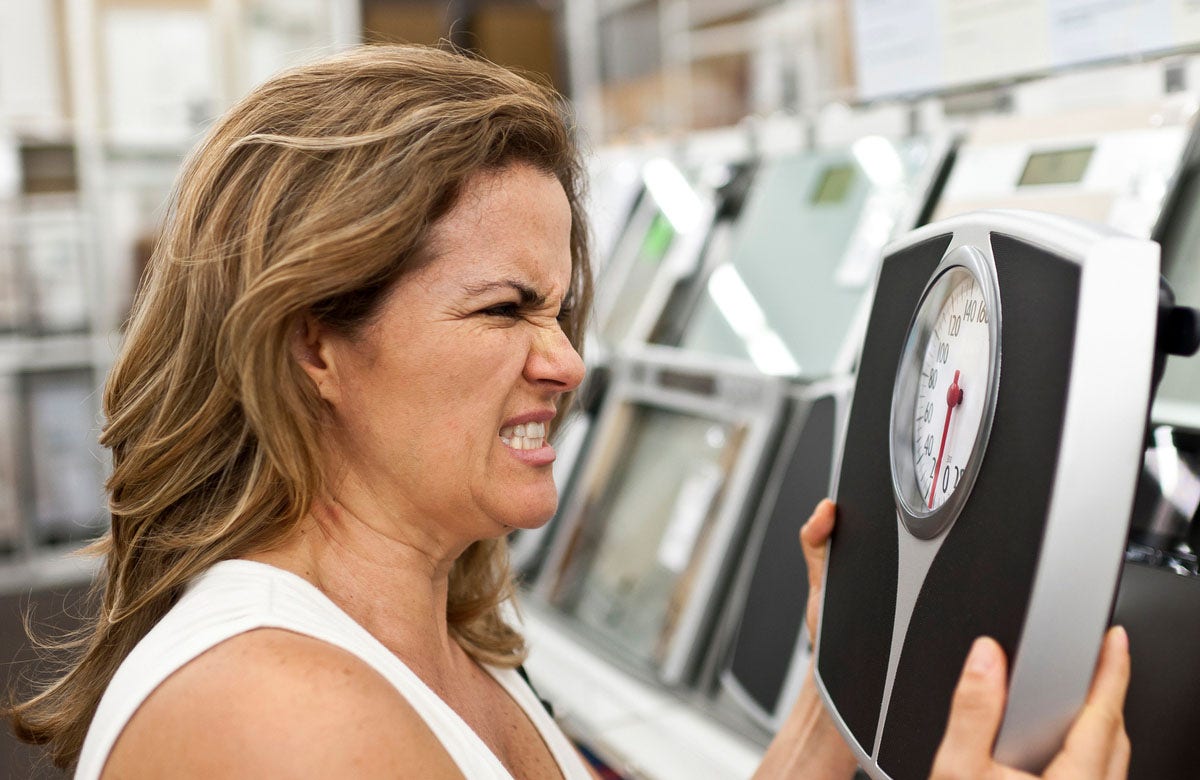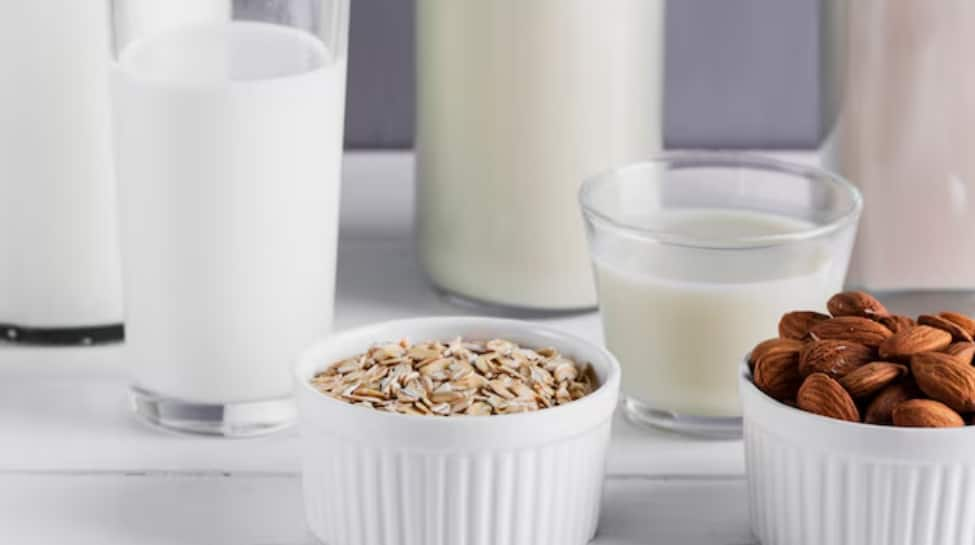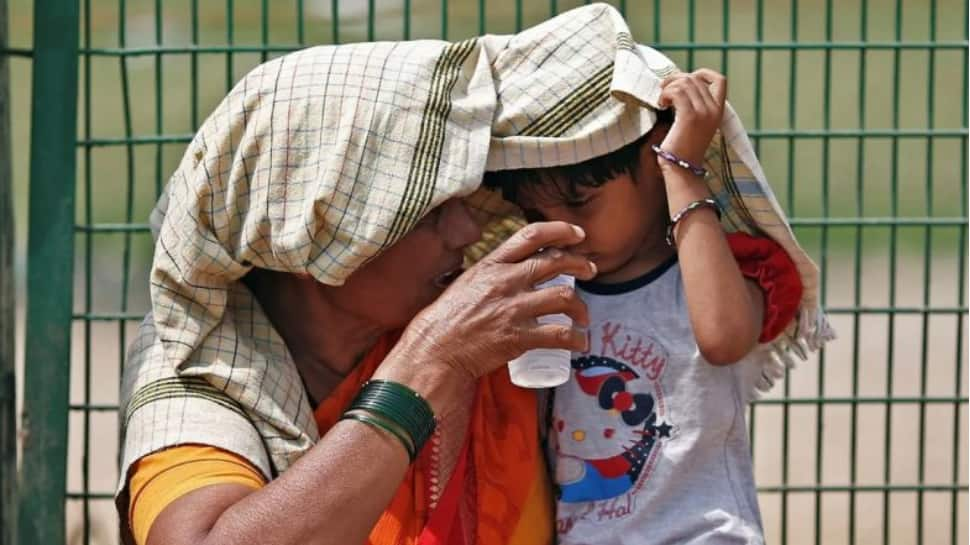Heatwave alert: The human body (and that of all warm-blooded animals) needs a tightly regulated temperature-controlling mechanism to function optimally. When this mechanism is overwhelmed, a person can suffer from heat stroke in hot and humid conditions (or hypothermia in cold weather). In a hot environment, evaporation is the main method of heat loss, but it loses effectiveness above a relative humidity of 75%.
In an interview with Zee English, Dr Vikram Dalvi, Internal Medicine Consultant, Manipal Hospitals shared with us the essential do’s and don’ts to follow to avoid a heatstroke and stay healthy.
When a person’s body becomes excessively heated, they may experience a condition known as heat stroke. India is witnessing an unprecedented heat wave with some unfortunate deaths. It is important to know about this condition so that it can be prevented or at least recognized at an early stage.
Most often, a heat stroke happens when people exercise in very hot and humid weather without drinking enough fluids. But even those who aren’t exercising can have heat stroke. Young children and babies, older individuals, and those with health issues are most likely to be impacted. It can also affect those who do not have access to shelter and adequate water.
An urgent medical response is required for heat stroke. Untreated heat strokes cause failure of multiple organs and can lead to death. Heat cramps and heat exhaustion can also occur when a person is overheated. Although not as deadly as heat stroke, many disorders can cause it if they are left untreated.
Typical signs and symptoms
People with heat stroke have:
– Body temperature of at least 104°F (40°C).
– Brain symptoms – These can include:
– Confusion and hallucinations
– Trouble walking
– Seizures
– Passing out
Heat stroke can also cause:
– Fast breathing or a fast heartbeat
– Skin redness and warmth
– Vomiting or diarrhoea
– Muscle cramps or weakness
– Headaches
Your body needs to calm down as quickly as possible as the main treatment. This is something that doctors can do in a variety of ways. It might involve using a fan to blow air on wet sheets/cooling blankets/ pouring cold water over the patient. If possible, this might be done before taking the patient to the hospital. In the hospital, the doctor will also treat any other problems the heat stroke has caused.
Can Heat stroke be prevented/avoided?
When it is hot or humid out, you can do the following things to help prevent heat stroke:
– Try not to be too active physically, and take frequent breaks when you exercise in hot and humid weather.
– To prevent thirst, consume enough liquids, such as water or sports drinks. But don’t force yourself to drink very large amounts in a short time, keep on sipping intermittently.
– Exercise as much as you can in the morning before it gets too hot. Protect your head, neck and ears from direct sunlight. Avoid getting exposed to direct sunlight between 10 am to 4 pm for a prolonged time unless necessary.
– Wear loose, lightweight clothes. Don’t wear too many layers.
You should also watch for symptoms of heat cramps or heat exhaustion. Heat cramps cause painful muscle cramps. Headaches, wooziness, nausea, or vomiting are some of the symptoms of heat exhaustion. It could also make you fatigued or thirsty. If you have symptoms of heat cramps or heat exhaustion, you should cool your body down immediately to avoid getting heat stroke.
To cool your body down, you can:
– Before sitting in front of a fan, mist yourself with cool water.
– A automobile or facility with air conditioning is preferable to moving into the shade.
– Take a cool shower or bath.
– Drink water or a sports drink. Don’t consume any alcoholic or caffeinated beverages.
– Any excess clothing you are wearing should be removed.
– Apply a cool towel or ice pack to your neck, underarms, and groyne.


























